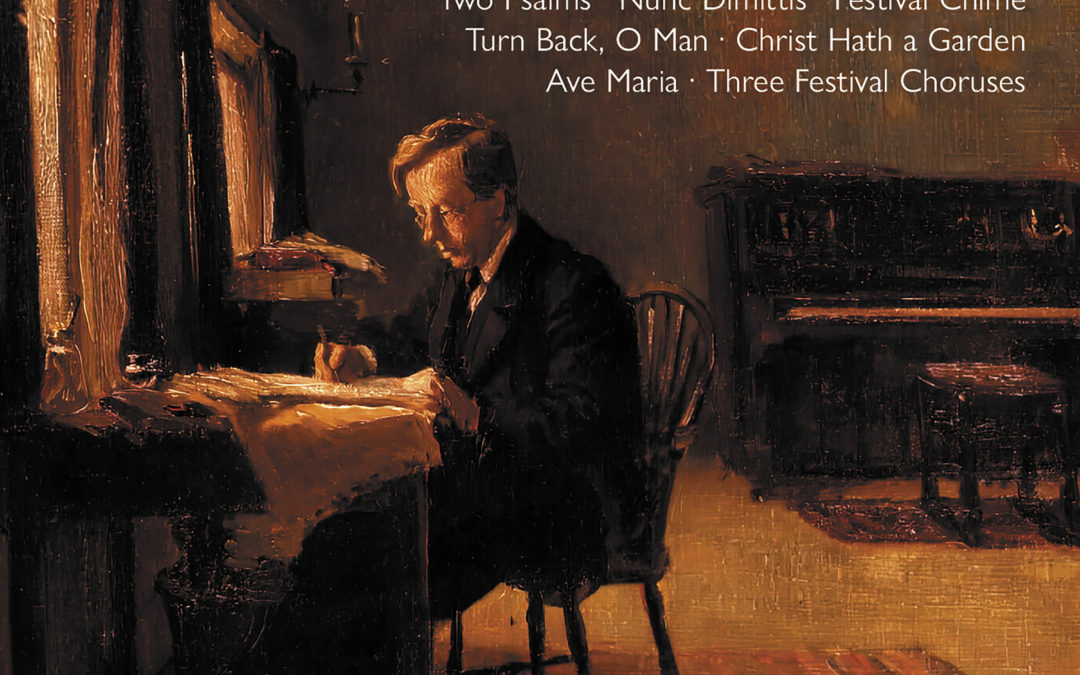Chapel Choir of the Royal Hospital, Chelsea
William Vann director
Joshua Ryan organ
Richard Horne tubular bells, bass bells
SOMM RECORDINGS SOMMCD 279
Is this the first recording of all Gustav Holst’s sacred choral music? Possibly not all, but certainly 19 of his very best. This recording by the Chapel Choir of the Royal Hospital, Chelsea directed by William Vann is unlikely ever to be equalled, certainly never bettered. The 20 choral voices are perfectly blended in harmonies, with dazzlingly complex and sometimes astonishing counterpoints as well. There are, in addition, superb individual solos sung by seven exceptionally fine voices from the choir, two sopranos, one alto, three tenors and one bass.
The recording opens with Holst’s setting of the ‘Nunc Dimittis’ for unaccompanied double choir. The eight vocal parts rise upwards from bass to sopranos like the opening of petals of a flower. Intertwining counterpoints are glorious in this piece.
In the first of ‘Two Psalms’ Holst writes for organ with firmly trod bass played impeccably by Joshua Ryan. Unison choir voices followed by a solo organ verse lead to an unaccompanied tenor soloist Matthew Long, set against ethereal female voices, a high soaring soprano solo from Eloise Irving, and finally to a chiming full choir and organ conclusion. In the second of the ‘Two Psalms’ two abrupt key changes, with a surprising slowing of tempo in the second, points up Holst’s amazing ability to make instant changes in sound colour. He uses choral voices as if they were part of an orchestra rather than just a choir. These Psalms point the way for most of Holst’s fascinating multicoloured writing across the CD.
In a couple of his settings he adds the sounds of bells to the organ and choir, most splendidly in the first of ‘Four Festival Choruses’, ‘A Festival Chime’ using the tune of ‘The Old Hundredth’ and adding organ and choir parts borrowed from J. S. Bach.
His setting of ‘Ave Maria’ for unaccompanied eight part female voices is thrilling in its complexity. There is of course Holst’s famous melody from ‘The Planets’ used for ‘I Vow to Thee, My Country’ which is more straightforward in its setting, but it was the surprising turns that run through so many of the nineteen pieces that left me amazed and delighted with this entire performance.
Review by Alan Cooper

